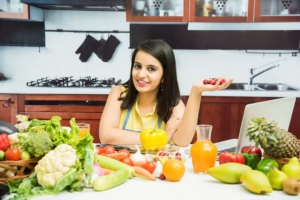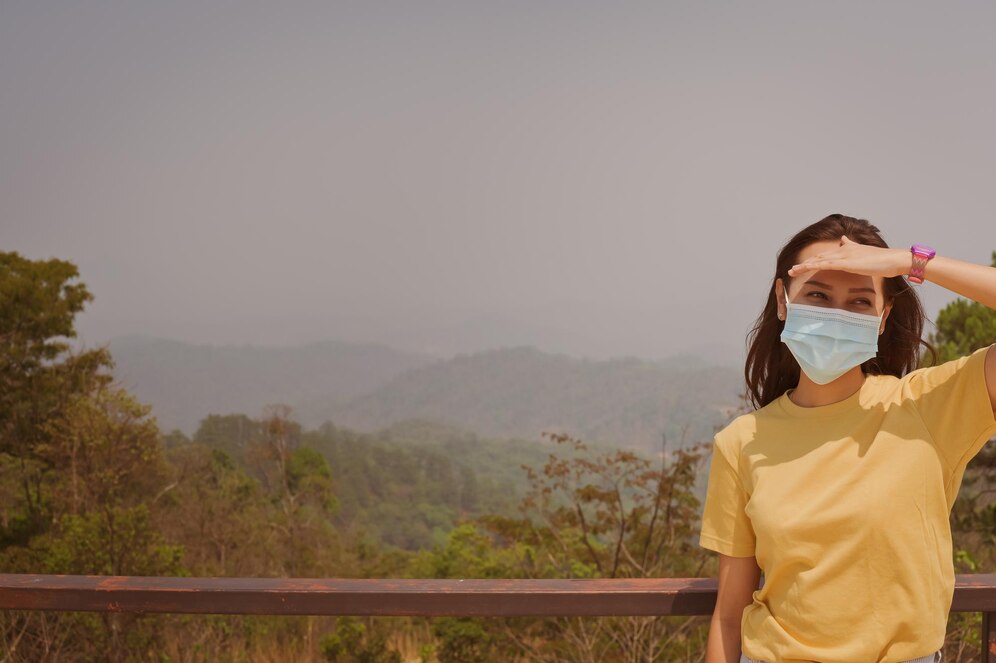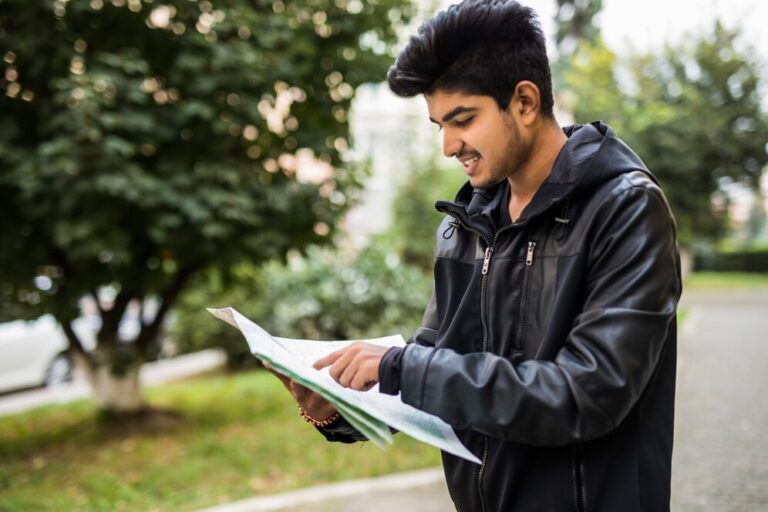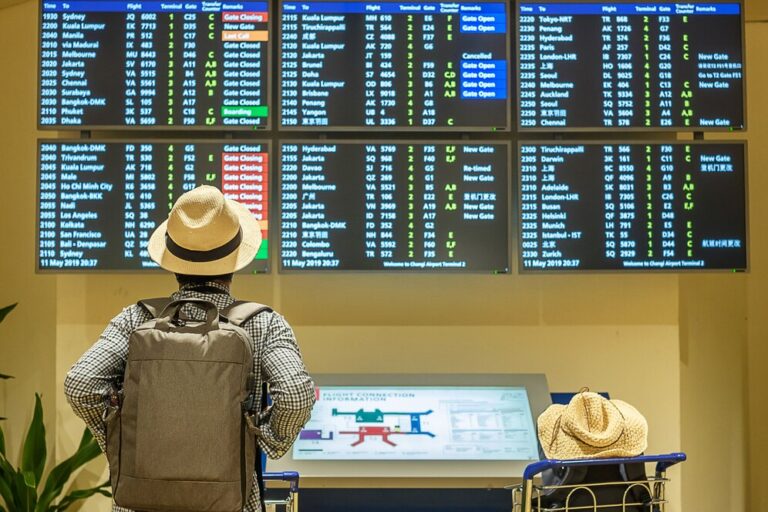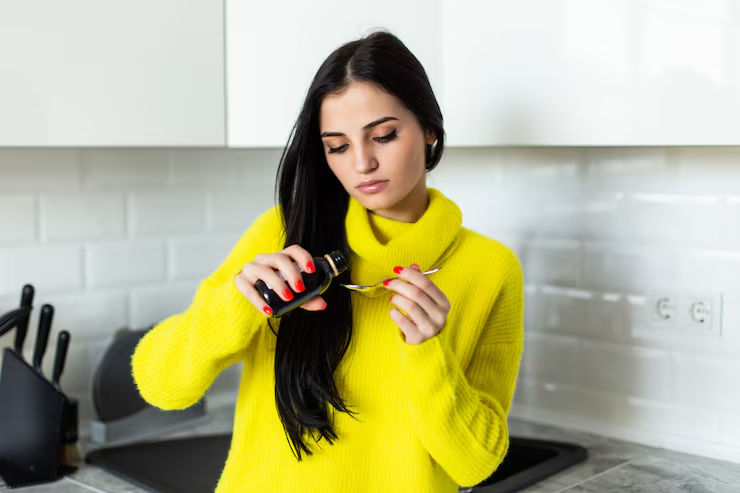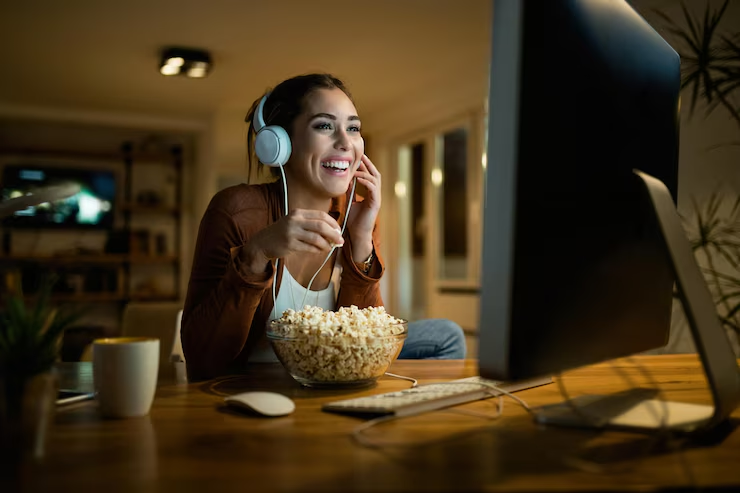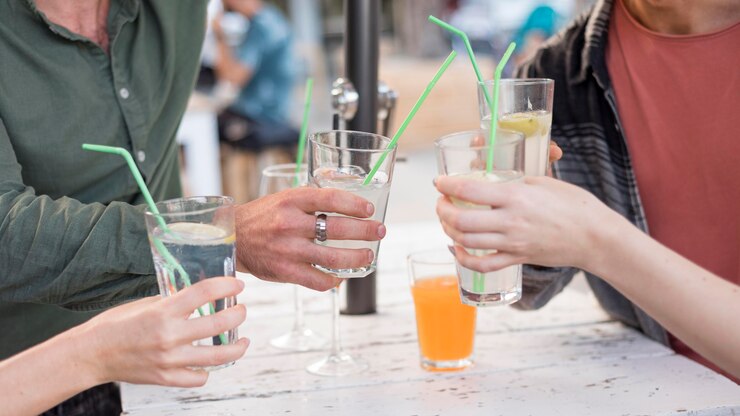Travel brings joy, memories, and new stories—but it can also bring unwanted surprises if you are not prepared. A sudden fever, a lost bag, or an unfamiliar local dish can turn a great day into a challenging one. Staying safe and healthy while exploring new places is not about overthinking—it is about forming small habits that keep you comfortable and stress-free.
Contents
- 1 Hydration and Rest Matter More Than You Think
- 2 Wash Hands Often and Keep Sanitizer Handy
- 3 Know the Local Emergency Numbers and Hospitals
- 4 Keep Travel Insurance and ID Copies Ready
- 5 Pack a Basic Medical Kit That Suits You
- 6 Eat Local but Stay Cautious
- 7 Be Mindful of Surroundings and Trust Your Gut
- 8 Keep Local Currency and One Card Separate
- 9 FAQs
Hydration and Rest Matter More Than You Think
It is easy to skip water when you are running through airports, hiking hills, or sampling street food. But dehydration leads to fatigue, headaches, and digestion issues. Always carry a refillable water bottle. Sites like Tupperware India or Milton offer compact, insulated bottles you can refill on the go.
Lack of sleep, especially during long journeys or multiple time zones, can weaken your immunity. Try sleep-friendly accessories from The Sleep Company or Wakefit like travel pillows and eye masks to help your body adjust and rest well.
Wash Hands Often and Keep Sanitizer Handy
New environments mean new germs. You might be touching shared railings, maps, cash, or public bathroom handles more often than you think. Keep a sanitizer in your bag at all times and use it before meals. Travel-sized packs from Dettol or Savlon are easy to carry and do the job when water is not available.
Washing hands with soap is still better whenever possible. Many public places now provide these facilities, especially if you are at restaurants, stations, or museums.
Know the Local Emergency Numbers and Hospitals
Whether you are in a new city or another country, knowing where the nearest hospital, police station, or pharmacy is can save time and help you avoid panic. Note down local emergency contacts as soon as you check into your hotel or guesthouse.
Some travelers use apps like Practo or 1mg to locate clinics, consult doctors, or even order medicine online if they fall sick during the trip.
Keep Travel Insurance and ID Copies Ready
Many travelers overlook this, but a simple health emergency can cost a lot if you do not have insurance. Travel insurance not only covers medical expenses but also helps if your trip is delayed, your luggage is lost, or something unexpected happens.
Companies like Policybazaar let you compare travel insurance options quickly, so you can choose what suits your trip best. Also, always carry a digital and physical copy of your ID, visa, and insurance card in case of emergencies.
Pack a Basic Medical Kit That Suits You
While you may find pharmacies at your destination, having your usual medicines is smart, especially if you have allergies or a sensitive stomach. Pain relievers, band-aids, anti-nausea tablets, and any prescription medication should be packed in a labeled pouch.
You can get ready-made travel kits from websites like Pharmeasy or Netmeds or build your own. Do not forget insect repellents if you are visiting humid or forested areas—they make a big difference.
Eat Local but Stay Cautious
Trying local food is one of the best parts of traveling. But your body might take time to adjust to unfamiliar spices, oils, or hygiene standards. Start slow. Avoid raw, uncovered street food if it looks like it has been sitting out too long. Always prefer hot, freshly cooked meals.
Bottled water is a safer bet in many places. And if you are unsure about food allergies, use translation apps like Google Translate to explain your dietary restrictions in the local language.
Be Mindful of Surroundings and Trust Your Gut
Your safety often depends on being aware. If a street feels too quiet, a taxi ride feels off, or someone’s behavior seems pushy, it is okay to walk away or ask for help. Keep your phone charged and location sharing turned on when you are heading somewhere new.
Use tracking or check-in apps like Life360 when traveling solo or with kids. Avoid flashing valuables, and keep your bags zipped and close to your body, especially in crowded areas.
Keep Local Currency and One Card Separate
Losing your wallet in a new place can throw your entire trip off. Carry some emergency cash separately from your main wallet. Also, keep one card in a different bag or pouch in case the first one is blocked, lost, or stolen.
Travel wallets with RFID protection are available on Myntra or Decathlon, and they help you organize documents and money without stress.
FAQs
Is it safe to eat street food while traveling?
Yes, if it is freshly prepared, hot, and from a busy place with high turnover. Avoid anything that looks like it has been sitting out.
Should I carry a health kit even on short trips?
Absolutely. Even a short trip can turn uncomfortable if you do not have basic medicines or band-aids when you need them.
What should I do if I fall sick in a new city?
Use apps like Practo or 1mg to consult a doctor or find a nearby hospital. Carrying insurance also helps with unexpected costs.
How can I stay safe when traveling solo?
Stay connected with someone back home, avoid risky areas at night, and trust your instincts. Share your location when possible.
What kind of insurance should I get for travel?
Look for travel insurance that covers health, accidents, trip cancellations, and baggage loss. Compare plans on Policybazaar.
How do I handle food allergies while traveling?
Use a translation app to explain allergies clearly at restaurants. Stick to food you can recognize, especially in new places.
What apps help with emergency situations during travel?
Life360, Practo, and Google Maps all help in emergencies by locating services, clinics, or contacting loved ones fast.
The information in this blog is based on general travel experiences and health awareness tips. It is not a substitute for professional medical advice, diagnosis, or treatment. Always consult your doctor or a qualified health provider before starting any new travel health routine or using medical products mentioned. External links provided are for convenience and reference only; we are not responsible for the accuracy, availability, or reliability of third-party services or products. Stay updated with official travel advisories and safety guidelines relevant to your destination.



